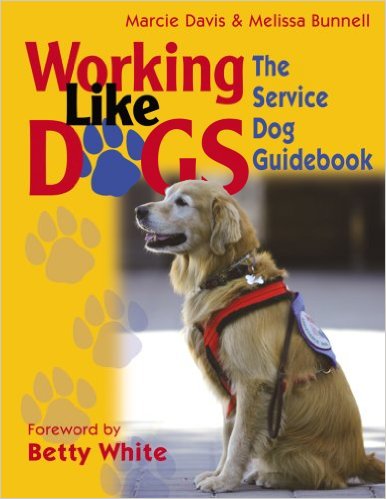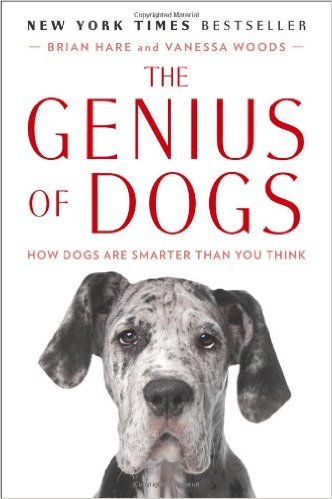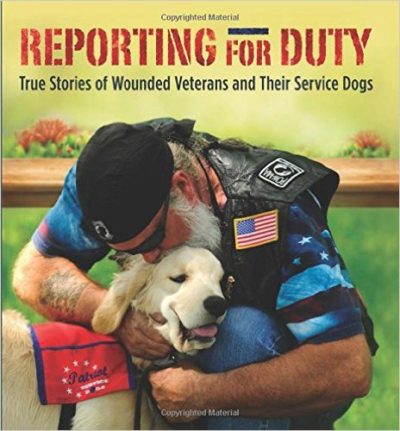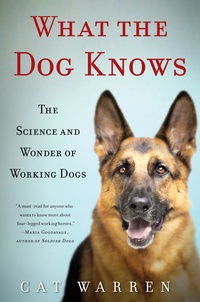
You may take supplements even though you eat well, so does that mean your dog should take vitamins and minerals also?
Canine nutrition is an evolving field but today’s high-quality dog foods generally make nutritional supplements unnecessary. So says the DogWatch newsletter from Cornell University. They asked Kathryn Michel, DVM, professor of nutrition at the University of Pennsylvania about the topic. Her advice?
Some dogs may require certain nutrients under certain conditions that are not provided in a commercial diet. For example, a dog with joint pain and arthritis might benefit from glucosamine and chondroitin, but this may not help all dogs.
Other supplements can pose a risk. Dr. Michel warns that people should not give their dogs the same supplements they take in the same doses. Fat soluble vitamins in particular, such as A, D, E, and K, are stored in the body and can become excessive. Too much calcium can also be dangerous.
Giving your dog a general vitamin-mineral supplement designed for dogs is not necessarily harmful, but not all the experts are convinced they will necessarily help your dog. Some say more studies are needed and that your dog may not be harmed by them, but you might be spending money unnecessarily.
Vitamin deficiencies are uncommon in the U.S. these days since dog food companies have formulated blends that will take care of “typical” dogs. But if your dog is a working dog, very athletic, or a puppy, they may have special requirements.
Things to look out for in balancing your dog’s diet can include too many treats or a homemade diet which may not be giving your dog the nutrition he or she needs. If your dog is lethargic, weak, or has a coat which isn’t healthy looking, make sure to consult with your veterinarian to rule out nutritional deficiencies.
I give Whistle a vitamin E every day. What do you give your dog?
Vitamin image courtesy of adamr / FreeDigitalPhotos.net





